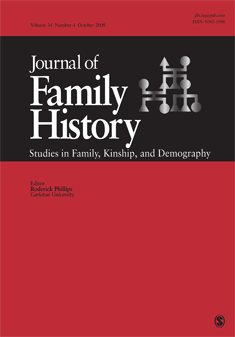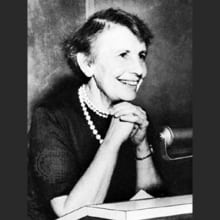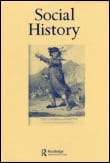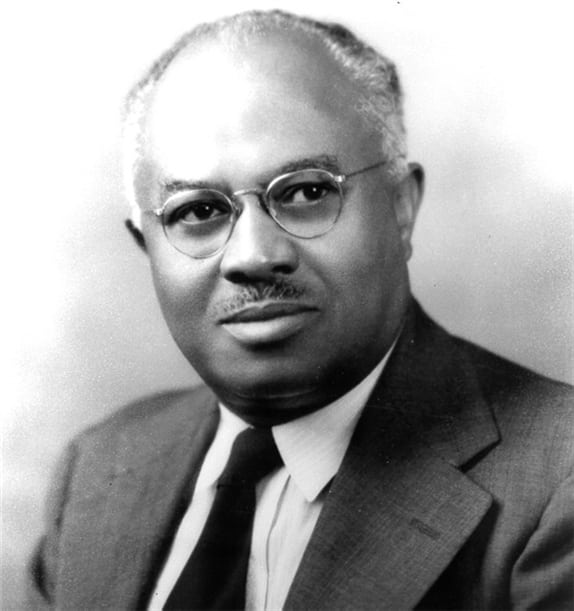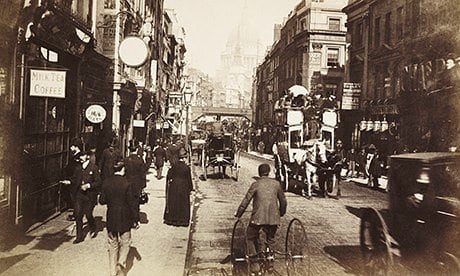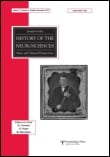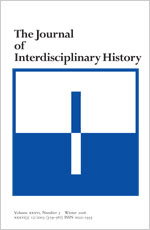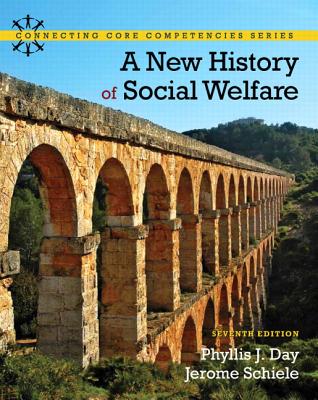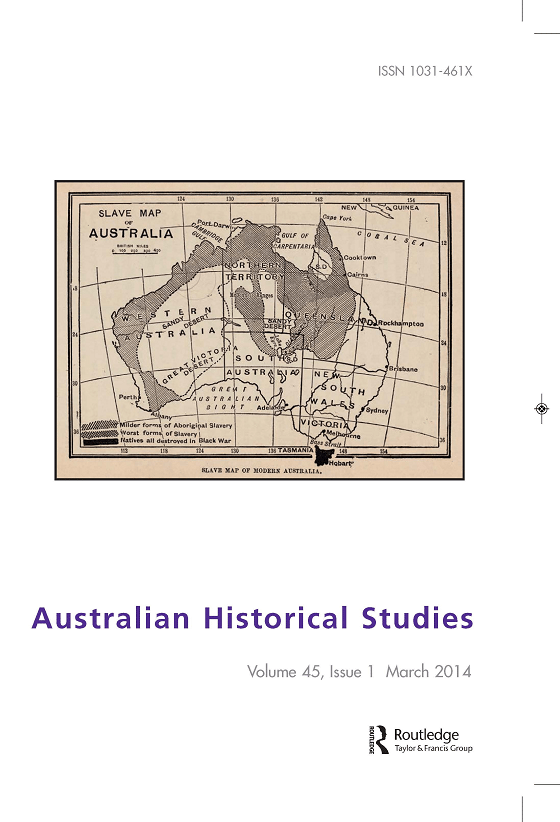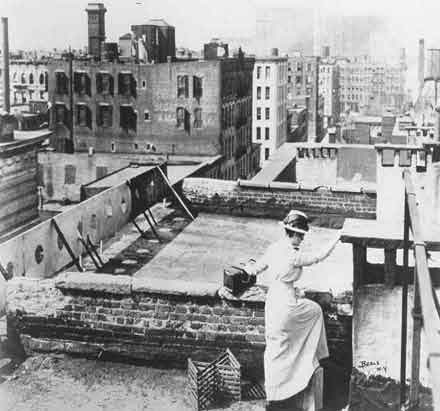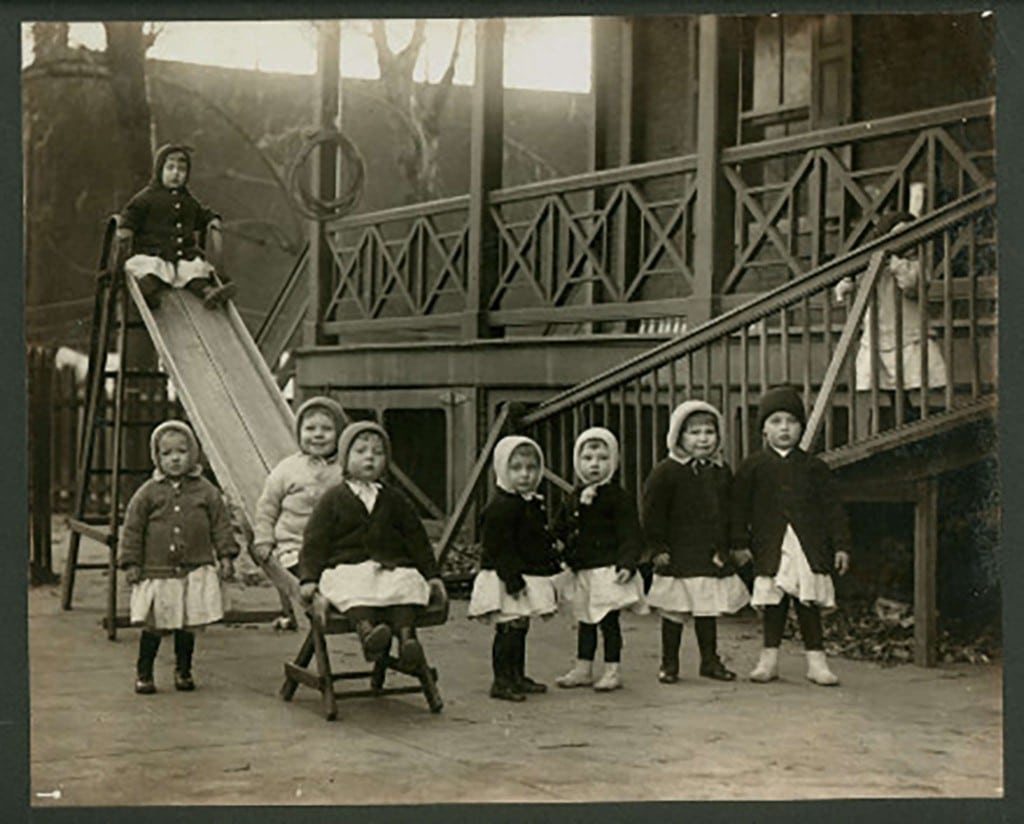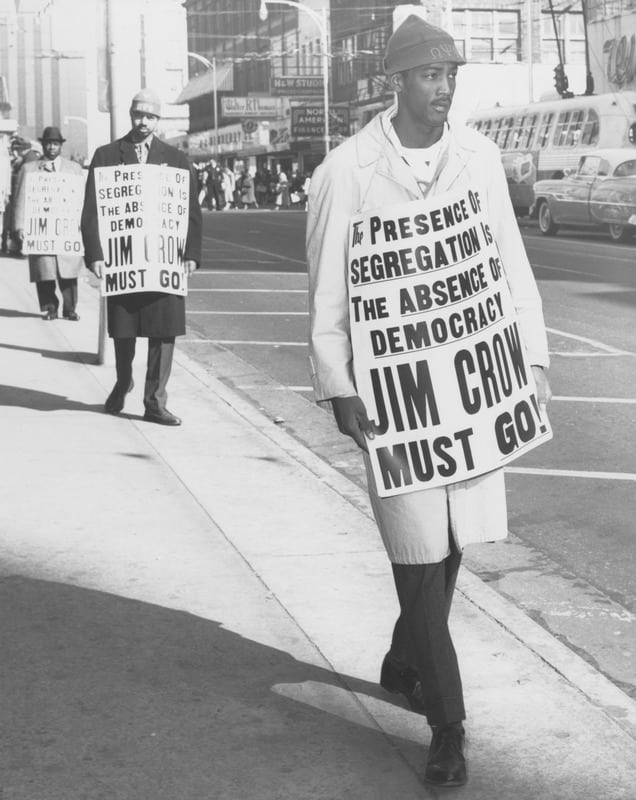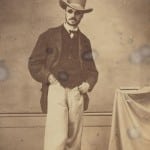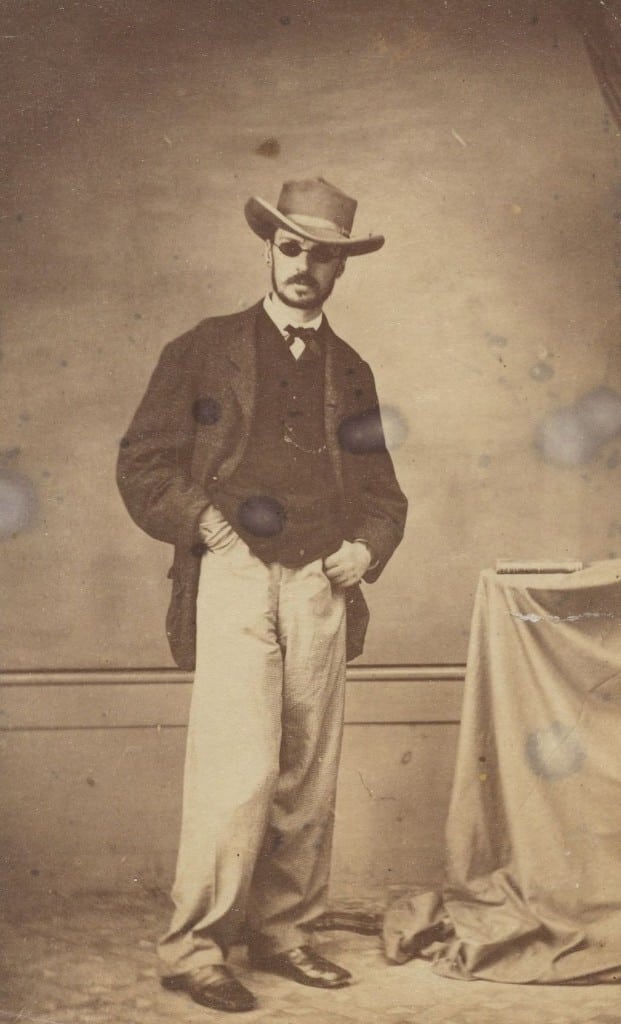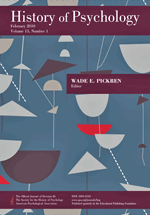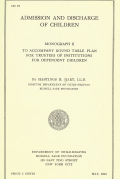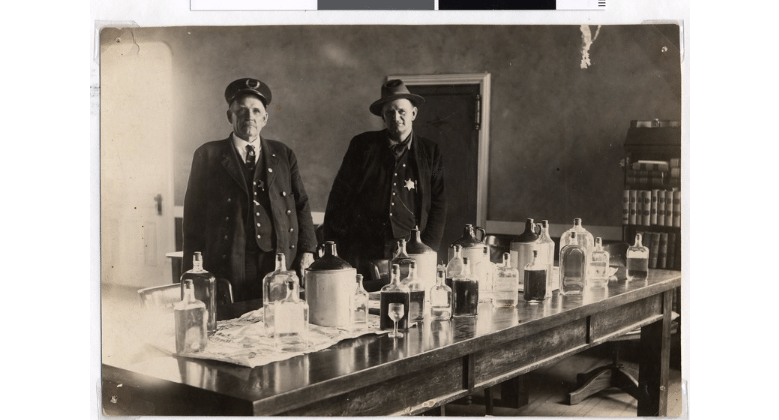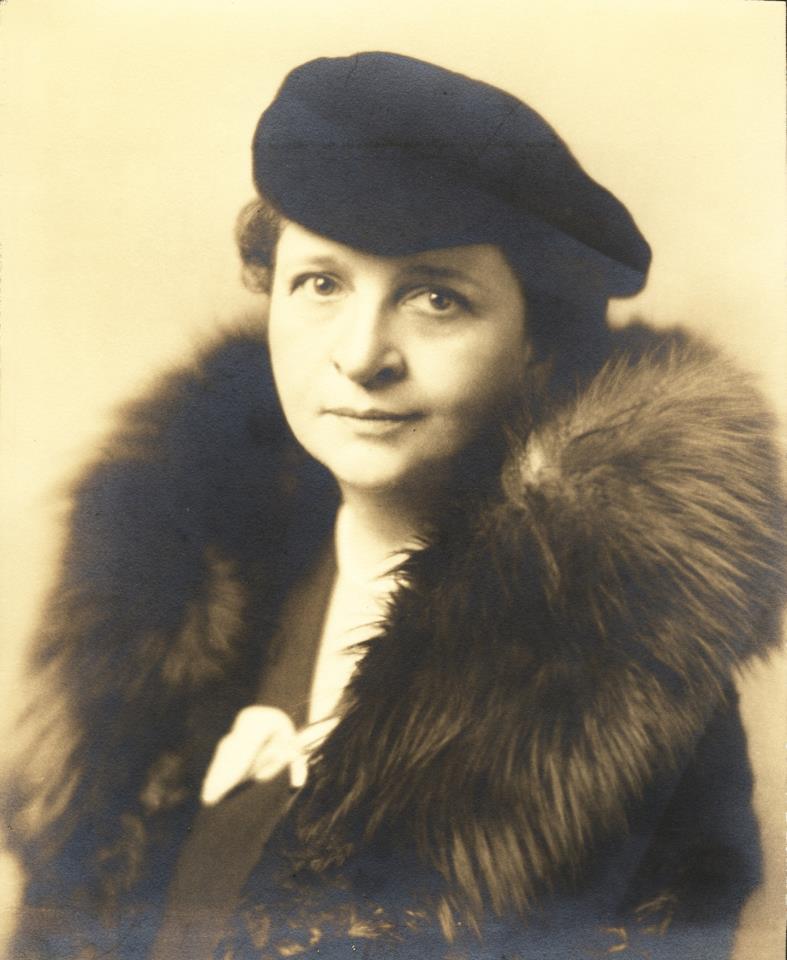Racism, Class and the Racialized Outsider
Irish migrants in new communities: seeking the fair land?
Anna Freud
Sex, Money and Personal Character in Eighteenth-Century British Politics
Dr. E. Franklin Frazier
Dr. E. Franklin Frazier, Director of the Atlanta School of Social Work from 1922 to 1927, is probably the best known of the African American pioneers in social work. He is scarcely well known; the Encyclopedia of Social Work did not include his biography until 1987 and schools of social work rarely note and less often study his contributions to the field.
Neoliberalism – the ideology at the root of all our problems
After Margaret Thatcher and Ronald Reagan took power, the rest of the package soon followed: massive tax cuts for the rich, the crushing of trade unions, deregulation, privatisation, outsourcing and competition in public services. Through the IMF, the World Bank, the Maastricht treaty and the World Trade Organisation, neoliberal policies were imposed – often without democratic consent – on much of the world. Most remarkable was its adoption among parties that once belonged to the left: Labour and the Democrats, for example. As Stedman Jones notes, “it is hard to think of another utopia to have been as fully realised.”
On Jews and Taboos in American Communist History
Class, Social Equity and Higher Education in Postwar Australia
Anti-communism in twentieth-century America: a critical history
Social care in England is still rooted in the poor law of the 19th century
Broca’s Aphemia: The Tortuous Story of a Nonaphasic Nonparalytic Disorder of Speech
The Contentious History of the International Bill of Human Rights
Conceptualizing and responding to poverty in the Republic of Ireland in the 1960s: a case study of Dublin
The Scientific Manager and the FBI: The Surveillance of Walter Polakov in the 1940s
A New History of Social Welfare
Talking about Mental Illness: Life Histories and Mental Health in Modern Australia
From secure dependency to attachment: Mary Ainsworth’s integration of Blatz’s security theory into Bowlby’s attachment theory.
Home-Community Visits during an Era of Reform (1870-1920)
Oscar Revinsky(?) – Born Jan. 11, 1900, 15 years old – 99 Oak Grove Ave
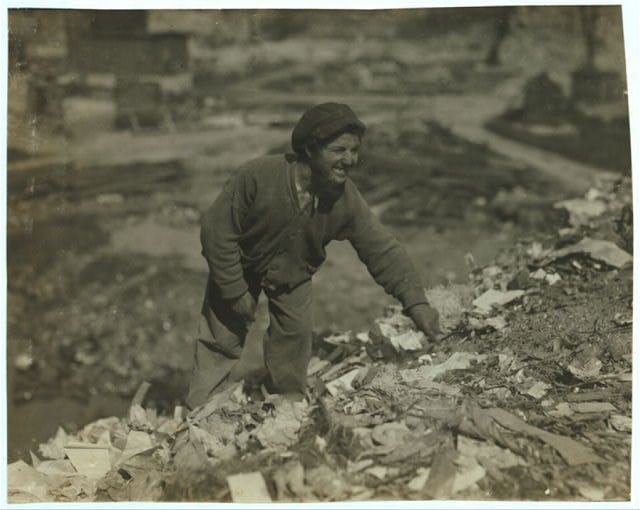 Library of Congress Prints and Photographs Division A scavenger on Pine St. Dump. Case known to S.P.C.C. (record No. 4322) since 1910. In 1913 parents refused to let child be committed to Wrentham, Mass. In 1916 father came to office asking that boy be committed as he spent all his time on the dumps.
Library of Congress Prints and Photographs Division A scavenger on Pine St. Dump. Case known to S.P.C.C. (record No. 4322) since 1910. In 1913 parents refused to let child be committed to Wrentham, Mass. In 1916 father came to office asking that boy be committed as he spent all his time on the dumps.
Celebrating 100 Years of Social Work: University of Birmingham
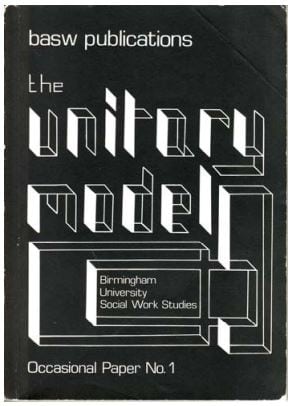 University of Birmingham | A Davis
University of Birmingham | A Davis
The social work teaching at Birmingham moved in 1973 from a social casework focus to a ‘unitary model’ approach. An approach designed to educate students about the range of political, economic, social and personal systems which impacted on clients lives as well as the range of techniques and strategies needed to work with them.
‘Sentimental Follies’ or ‘Instruments of Tremendous Uplift’? reconsidering women’s same-sex relationships in interwar Britain
Group of workers in the spinning and twisting rooms
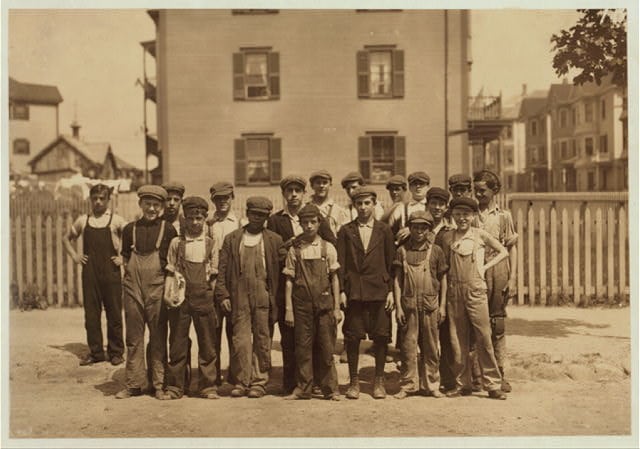 Library of Congress Prints and Photographs Division | National Child Labor Committee Collection Second from left, Wm. Pritchard, McKabe St., Dartmouth, Mass. Fourth from left, James Pritchard, McKabe St., Dartmouth, Mass. Right-hand end, Fred Bolton, 57 Potomska Street, New Bedford, Mass. Fred is 16 years old.
Library of Congress Prints and Photographs Division | National Child Labor Committee Collection Second from left, Wm. Pritchard, McKabe St., Dartmouth, Mass. Fourth from left, James Pritchard, McKabe St., Dartmouth, Mass. Right-hand end, Fred Bolton, 57 Potomska Street, New Bedford, Mass. Fred is 16 years old.
